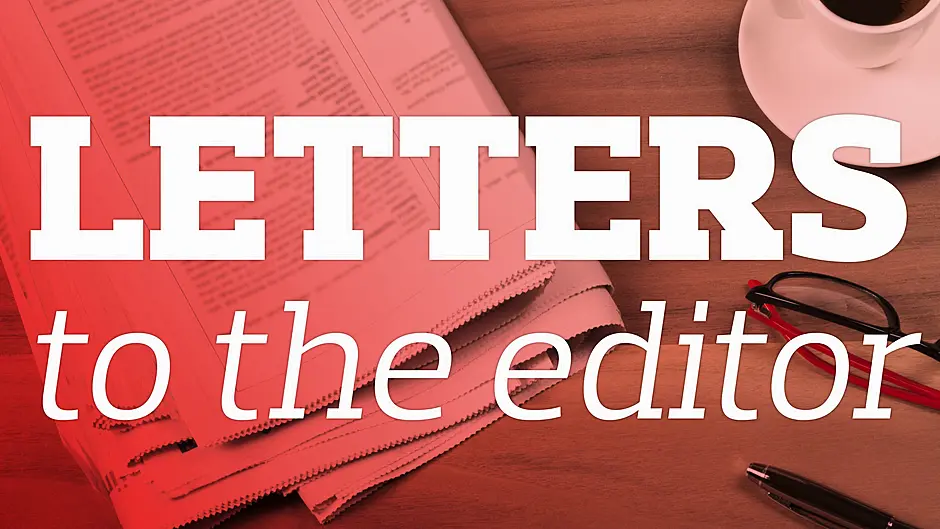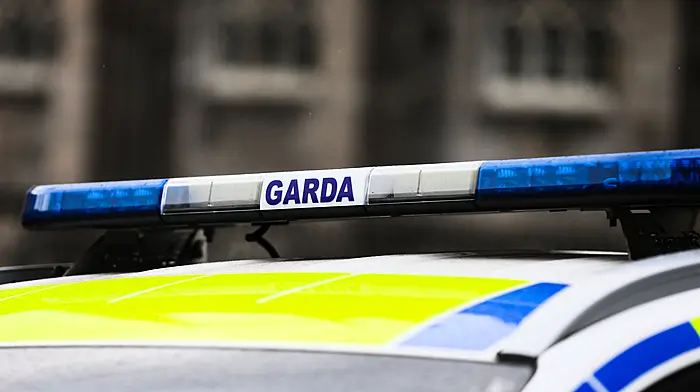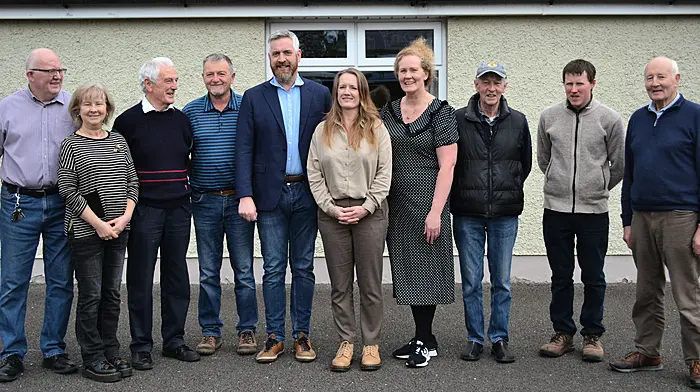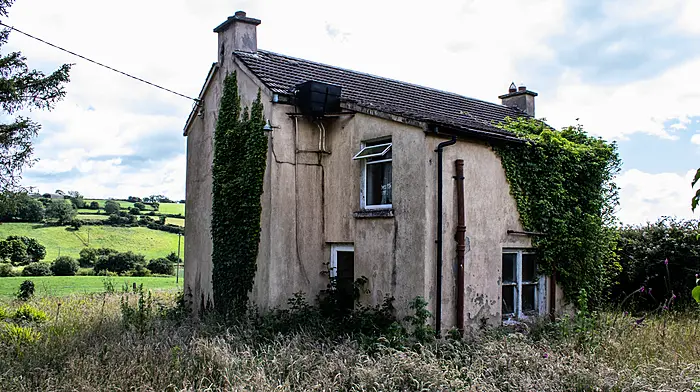EDITOR – Whilst the recent exclusive article ‘Clonakilty is first town to go off-grid’ makes great reading, it does unfortunately infer that this sorts out the sustainability of Clonakilty under the CoolClon banner without further sacrifice by individual residents.
The reality is not so comforting.
In essence, an enterprising commercial developer, Amarenco Limited, designed a 5 megawatt solar farm to be situated on lands at Shannonvale and were granted conditional planning permission under Pl. Ref. 18/406 on 28/03/2019.
The good work they put in to the project created a saleable commercial asset which the Clonakilty community intends to purchase by debt financing if successful in its bid price at the 2022 RESS auction. And this is where the rub comes in.
The electricity generated will be connected to the national grid to be consumed anywhere in Ireland whilst the sun is shining and the metered payments from EirGrid used to pay down the debt secured by the investors.
Solar-generated electricity is only available at certain times of the day under suitable weather conditions, and when the solar farm goes dark, the town of Clonakilty will undoubtedly draw electricity from non-solar sources, which I dare say may be fossil-fuelled.
The consequence of this is that the town will not be off the grid at all, but just as dependent on the grid as it is today.
We are living in a government-declared climate emergency and it is essential that each and every one of us take major personal actions to reduce the GHG emissions for which we are responsible. Cutting the temperature of our thermostats, reducing the number of car journeys we take and giving up air travel to suggest but a few. Investing in a solar farm, or for that matter any form of renewable energy, is a financial investment, not an emission reduction action. It is unlikely that a grid-connected solar farm would be constructed if the return on investment did not service the debt.
As a society, we cannot afford to become complacent on the back of investment in a renewable energy project that will attract competitive investors and go ahead anyway. The risk to our future and the future of following generations is too great. The future, and the solutions lie in our hands. Today.
Nigel de Haas,
Inchincurka, Dunmanway
We need ‘safe zones’
EDITOR – Refusing to legislate has been a feature of successive Irish governments’ handing of the issue of abortion ever since the X case in 1992.
The legacy of this head-in-the-sand attitude is Savita Halappanavar, Ms A, Ms B, Ms C, Ms D, Ms P, Ms Y, and hundreds of thousands of smaller tragedies that don’t even warrant a letter next to their name but whose callous abandonment during crisis pregnancy will always be a mark of shame against a state that has always mistreated women, minorities, and other vulnerable people.
And now we see the current government, three decades on from the X case, refusing to legislate for safe access zones (Parliamentary questions, July 13th), despite promises to do so in the programme for government, despite members of the current cabinet lapping up praise from Repeal the 8th campaigners in Dublin Castle on May 26th, 2018.
The lack of this protection for abortion providers is the main reason why so few GPs have signed up to provide access to abortion.
In the wake of this refusal to legislate, anti-abortion protesters will be emboldened to step up their campaign of harassment and intimidation. Is this government, like its predecessors, going to wait until there is an unforeseen tragedy before it finally acts?
Where, too, is the legislation to tackle rogue pregnancy agencies that prey on vulnerable people in crisis pregnancies?
The landslide vote in the 2018 referendum was not for an abortion service that is difficult, humiliating, and unsafe to access and to provide. A total of 66.4% of the electorate did not vote for people in crisis pregnancies to have to run the gauntlet of creeps and weirdos with their gory imagery and religious paraphernalia to receive reproductive healthcare.
No, we voted for compassion, but this government has, once again, given us shame.
Lucy Boland,
Rebels For Choice co-convener,
Dunmanway
Fish kill needs attention
EDITOR – Recently there was a significant and terrible fish kill on the Ilen river which runs through our beautiful Skibbereen.
Many salmon, trout and other fish were killed, and our wildlife adversely affected.
Our river supplies our town with drinking water and helps produce Olympic rowers.
When the question was asked “What is in the water in Skibbereen that produces these amazing athletes?”, there was a certain irony given the recent incident.
There was not a peep about the fish kill on social media pages promoting the town.
It seems that only good news is mentioned. People need to be aware of what is going on so that we can help prevent such incidents in the future. Maybe if more people were using the river for swimming and watersports, then the river could be better protected.
Stephen Crowley,
Skeagh, Ballydehob
Strange omission
EDITOR – In the past, government ministers (and Leo Varadkar in particular), have been quick to notify the public in general, of any easing of Covid-related restrictions.
Strange, then, that we are now informed that easing of restrictions whereby 200 persons may attend outdoor gatherings in certain circumstances, made on July 4th, was not made known either to the general public or the hospitality sector.
This information seems to have been made public, only after the Catherine Zappone/Merrion Hotel incident! Wow.
Michael A Moriarty,
Rochestown, Cork







